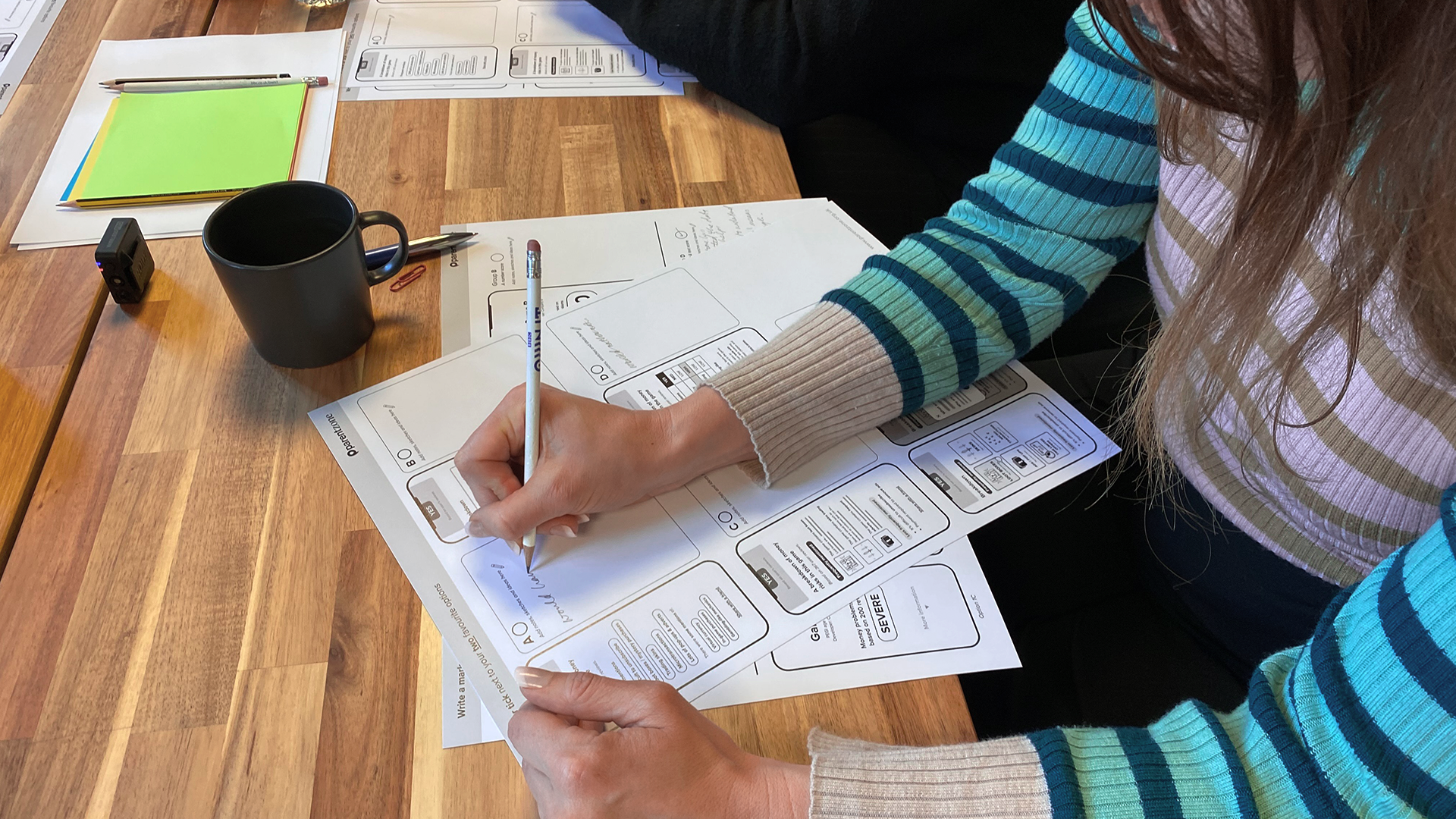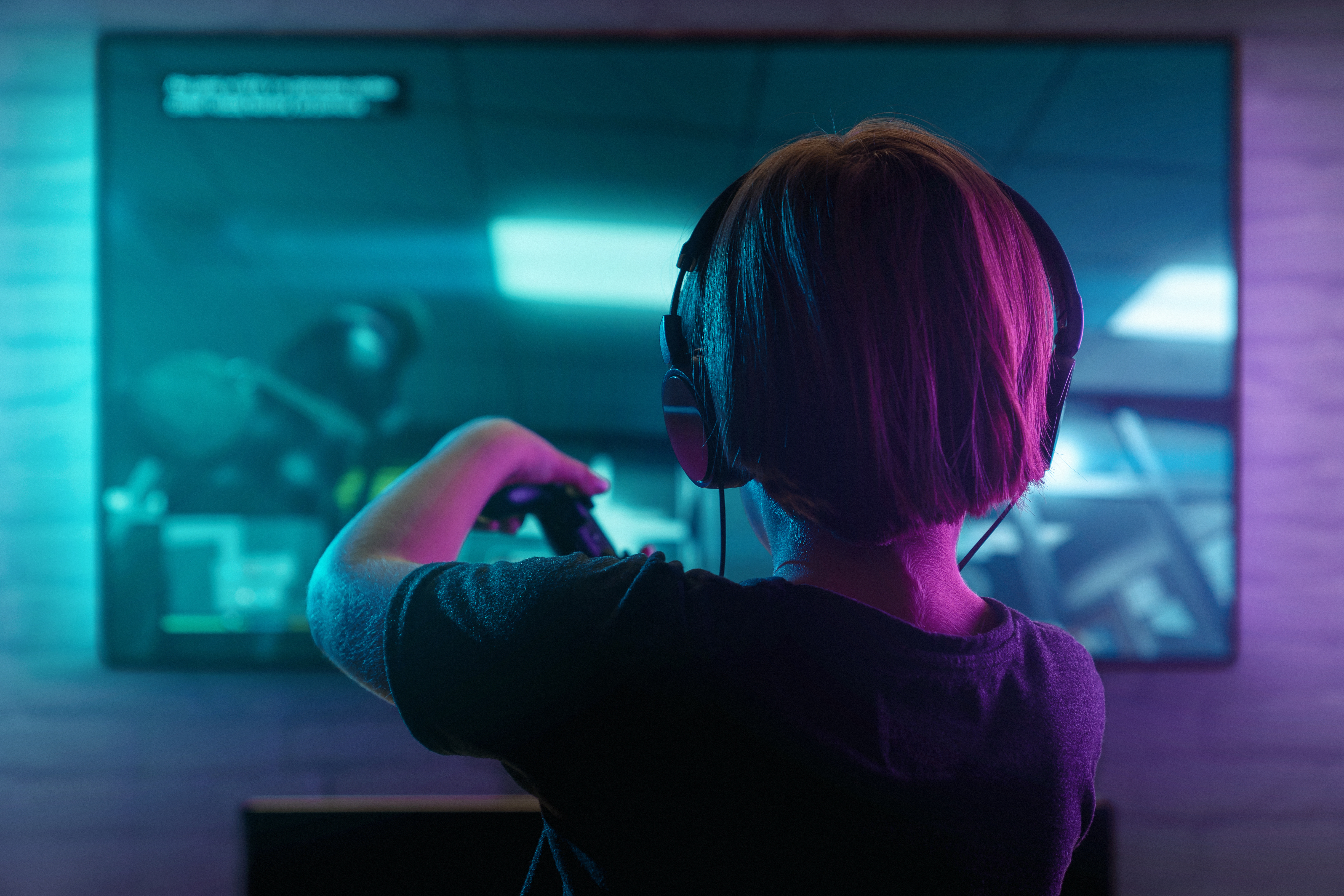One size ‘screen time’ advice fits no one: acknowledging diversity and special needs
All parents, to varying degrees, worry about how to balance between the risks and opportunities presented by digital media. Some voice concerns about how to manage their children’s ‘screen time,’ to keep them safe and to minimise conflict. Others are more confident of the benefits to their children and also for their families, investing (sometimes heavily) in technology to enjoy, learn and connect – separately and together. In our research project Parenting for a Digital Future we have interviewed families who represent this spectrum and beyond.
![]()
In our interviews, we were struck by the dramatic gap between advice and practice.
We found that families are engaging in diverse digital media practices ‘on the ground’ but that they are struggling to find balanced support and advice. In our interviews, where parents cited any guidance about screen time at all it was largely risk-focused e-safety messages from teachers or variations on the now under review American Academy of Pediatrics 2x2 guidelines (no screen time for children under two, less than two hours/day for those over two). And yet our research demonstrates how families have interests and needs that are positively supported by digital media, and that parents’ and children’s skill levels, resources and values towards digital media influence how and what they choose to bring into their homes.
Despite this lack of advice for parents, they are finding their own solutions – in our study parents were installing filters and locking tablets in bedrooms, engaging in discussions about ‘appropriate’ use, playing games with their children and even curating mini-film festivals – but that they struggled to find relevant, balanced advice. Although organisations like Parent Zone have worked hard over many years to change these conversations, and to acknowledge the benefits that families derive from digital media - not just the harms - not all parents have access to this kind of nuanced advice. In many cases the guidance they receive, where they do at all, seems to be about ten years out of date.
This month we have launched a policy brief on ‘families and screen time’ inspired by our experiences talking directly with parents.
In this brief we considered the currently available ‘screen time’ advice, evaluated whether this advice was evidence-based, and reviewed the recent research on ‘screen time’ – drawing from 150 sources and substantively from our own project.
This research shows how parents approach ‘screen time’ in many different ways, making decisions according to their individual family’s interests, needs, resources and skills, but that this diversity often goes unacknowledged in the ‘one size fits all’ recommendations aimed at parents.
Listen to Parent Zone's podcast, Tech Shock.
Our brief also includes a series of practical recommendations, for policy-makers, for advocates, for parents and for the children’s media industries, to move the conversations about screen time forward for the next generation.
Let’s take the example of parents of children with special educational needs and disabilities (SEND), who are fairly absent from most of the advice for parents – excepting, again, Parent Zone and Common Sense Media in the US. One of the case study families in our brief is the Kostas family (a pseudonym), including parents Robert (a small business owner) and Constance (a stay at home mum) and their two sons, Jake (15) who his father describes as having Asperger’s syndrome, and Dominic (12) who his father describes as ‘typically developing.’
Robert uses technology in his business, and Constance uses messaging groups like WhatsApp to keep in touch with local mum friends and family. Both sons, especially Jake, are gamers and fans of vlogger Bart Baker’s parody videos. Robert has both keenly felt hopes and fears about Jake’s technology use, in particular. On the one hand he appreciates that Jake can use his iPad as a kind of ‘solace’ saying ‘because of the type of the child he is, he’s not comfortable in social situations, finds it difficult to make friends… For an Asperger’s child, I think an iPad is the perfect toy.’ Yet he worries constantly that Jake has become ‘too addicted to it’ and frequently has conflicts with Jake and with Constance, who he sees as being too lenient.
Robert likes that Jake’s gaming abilities have put him on equal footing with his younger brother and peers, and has some hopes that technology might provide for Jake a ‘career path' that he could choose and his condition probably would be an asset … because he thinks outside the box.’ Yet he also noted Jake’s social isolation and difficulty communicating with others, vulnerabilities that might be exacerbated by the digital world.
Even though in the UK 15.4% of children are classed as having special educational needs and disabilities, the experiences of these families is not directly addressed by much of the screen time advice. Some families with children who have difficulty with verbal speech may come to rely on digital devices to help them communicate – for example using specialised software and apps. Those with sensory impairments might use geo-location apps or voice to text apps and functions (e.g. ‘Siri’ or ‘Cortana’). Some argue that there are possibilities unique to the online world for conversations to unfold asynchronously that can help relieve some of the pressures of communication for those with autism. We also found that parents of children with special needs can find significant sources of support online, and through digital platforms like local groups in Constance’s case.
Yet parents of children with special needs are also keenly aware of their children’s vulnerabilities online. Many detailed to us how the bulk of their leisure time was spent on screens, and there is some evidence that boys with autism especially may be more likely to become ‘obsessed’ with video games than their typically developing peers.
The experiences of families of children with SEND is but one example of how the current form of ‘screen time’ advice addresses parents generically, but does not really help them in doing so. Our brief outlines practical recommendations to help move the next generation of screen time advice forward, acknowledging that the contrast between what is actually done in families and what parents are told they should be doing is currently too stark.
Latest Articles

Designing a game rating tool that helps parents
Parent Zone is developing a new age-rating-style tool to transform confusing financial features into clear, usable information, helping parents make informed decisions about their children’s games.

Why does gaming’s omission from the Online Safety Bill matter?
We explain why gaming's omission from the Online Safety Bill is important.

7 key issues from the Online Safety Bill report
We look at the legislative committee response to the Online Safety Bill.

